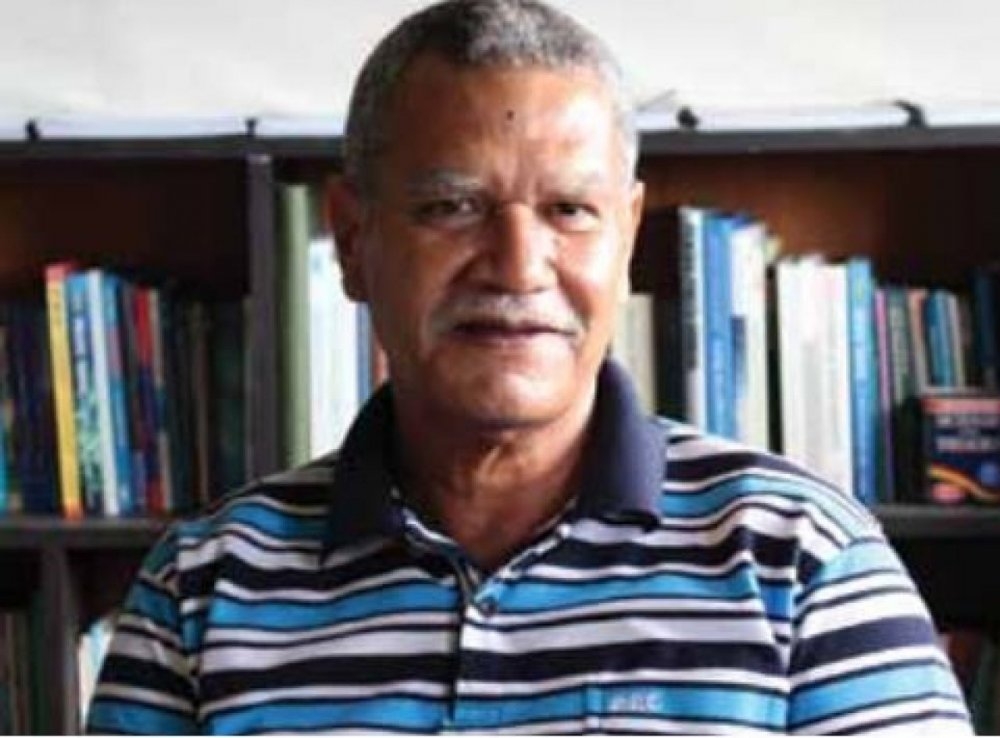During times of national crisis, people look to their government for political leadership, meaningful financial and welfare assistance, and general reassurance.
The COVID-19 pandemic might not be a war in the true sense of the word, but for Fijians this year, it has become a national crisis.
There are daily spikes in the number of people contracting the virus and the number of related deaths continue to record a steady rise.
In April last year (2020), when Fiji appeared to have “contained” the spread of COVID-19, there were 17 positive cases . . .
Please Subscribe to view full content...
